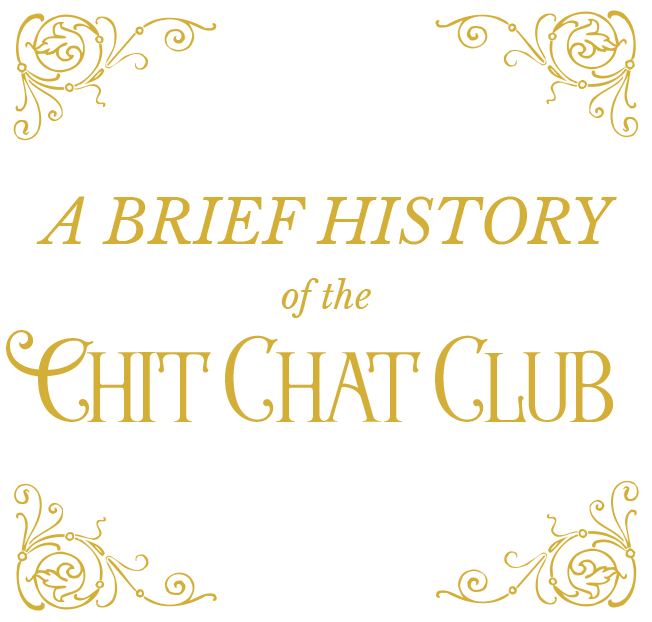In 1580 Michel de Montaigne, a French nobleman, published a book entitled, Essais, meaning “trial” or “attempt.” It was a collection of short literary compositions on a myriad of subjects. Two more volumes quickly followed, the last one in 1588. All three volumes Montaigne emphasized his personal thoughts on many subjects using short prose compositions. Subjectivity was key to his writings. He once quipped, “I am myself the matter of my book.”
Essais became extremely popular in France, and, upon its arrival in England, British intellectuals embraced the new writing genre calling it an “essay.” By the eighteenth century the popularity of the writing form had crossed the Atlantic to America where Ralph Waldo Emerson, Benjamin Franklin, and Henry David Thoreau, to name a few, became early towering figures of the genre. In addition, private clubs devoted to the writing and discussion of essays were founded both in England and the United States; one of them was the Chit-Chat Club of San Francisco.
Our archives document that on the second Monday in November, 1874, six San Francisco lawyers dined at San Francisco’s Cremorne Restaurant and decided to establish a club the sole purpose of which would be to listen to and comment upon an essay written by its members. At that first meeting, four of those gentlemen were tasked to come up with a name for this San Francisco essay club. One of them, Charles H. Phelps, suggested the name “Chit-Chat Club,” and all agreed. Although membership was initially restricted to lawyers, by the second year of its founding the Chit-Chat Club admitted men from all professions. However, the membership was restricted to just twenty-five.
The club published its first brochure three years after its founding and continued to do so every year, with a few exceptions, until the 1940’s when the brochures were published every two or three years. The last brochure, published in 1954, covered six years from 1948 to 1954. Although varied in content, the brochures usually documented the present membership, essays read, and, in some cases, the events at the annual meeting which were quite different than today’s. First, they were always held in November, not in December. Second, a member was designated to write a short essay on one topic, followed by prepared commentary on that subject. Third, the dinners were quite elaborate affairs with multiple courses and wines. Often a poem was read, and songs were sung. At one meeting the very strict tradition of all male attendance was broken when an opera diva regaled the group in song. And in the early years of the club, the topics of the essays alternated between literature and politics/economics, as stipulated by the club’s original by-laws. In all cases the titles clearly delineated the subject of the essay. After twenty years or so, the club relaxed the demand of alternating topics, giving members complete freedom to choose any subject for their essay. In the 1950’s many essayists started to purposefully obfuscate the essay’s subject by giving unusual titles to their essays, perhaps to be sure that members would not “prepare” their commentary.
The name, Chit-Chat Club, is certainly an odd one, and it has puzzled members for many years as evidenced from summary essays written about the club over the years. A recent discovery in 2012 of a lost annual brochure from 1910 finally solved the mystery of nomenclature. At the 36th annual meeting of the club in 1910 member Frank Deering read “An Allegory” of our Chit-Chat Club. Here is an excerpt:
Once upon a time—to be accurate, thirty-six years ago […] in the land called the Land of Struggle, dwelt twenty-five men who labored that they might live. […] they all longed for some relief from the burdens of the day… Thereupon they resolved that they would go to some land far from the scene of their cares…the Kingdom of the Mind… There they beheld the Tree of Thought […] and each of them took from the Tree of Thought a twig […] and they called themselves the men of the Chit-Chat, because “Chat” meant a little twig and “Chit” meant to grow, the meaning of which…to them was that they were men of the Growing Twig […] under the Tree of Thought and they lived happily ever after in the Land of Struggle.
The Oxford English Dictionary confirms those early definitions of “chit” and “chat,” namely, “to grow” and “twig” respectively. A few years ago research resulted in an interesting discovery: an essay club called the Chit-Chat Club had existed at Cambridge University in England from 1860-1897! Were the San Francisco and Cambridge clubs somehow related? Research of the Cambridge club’s archives showed no documentation that one of our founding members had ever been a guest of that club. In addition, the Cambridge Chit-Chat Club’s archives were silent concerning a similar founding allegory to explain the unusual name. However, the By-Laws of the Cambridge club were strikingly similar to San Francisco’s. That fact, along with identical names, strongly suggests, but does not prove, a connection between the British and American clubs.
Regardless of patrimony or nomenclature, San Francisco’s Chit-Chat Club has met, almost without exception, every second Monday evening of each month since 1874. The members’ goal was, as articulated in the allegory, to escape the “land of struggle” and enter, if only for an evening, the “land of the mind” for ten or eleven months of each year and always on the second Monday of the month. At each meeting, after cocktails and dinner, one of the twenty-five members would read an essay that he has written on any subject of his choice. Afterwards, each member would comment, without interruption and extemporaneously, on the essay read. These discussions can often be as provocative as the essay itself because of the diversity of the professions of the Chit-Chat Club’s twenty-five members. Theologians, professors, judges, businessmen, diplomats, lawyers, writers, and doctors have populated the Chit-Chat Club’s tables over the past 145 years. Their diverse interests, knowledge, and experience enhance the discussion of the essays, resulting in members feeling enriched with shared ideas and, of course, warmed with good fellowship.
All clubs, to remain viable and vibrant, require good leadership, adherence to their raison d’etre, and thoughtful evolution reflecting changes in society, be it technical, cultural or demographic. The Chit-Chat Club has accomplished this over its 145 years. However, what has never changed is the club’s success in recruiting members who have an abiding love of ideas and their expression through writing and conversation. May the Chit-Chat Club of San Francisco live on!
— Marc Petty Cruciger, M.D.
Secretary of the Chit-Chat Club 2008–2012
Acknowledgement
I am grateful for my dear friend, Professor Sarah Ogilvie, for her research of the Cambridge Chit-Chat Club archives on our behalf.

